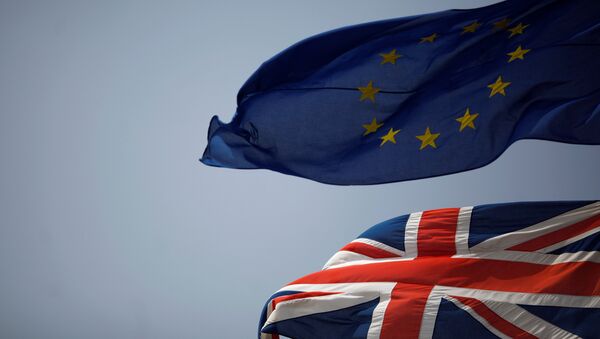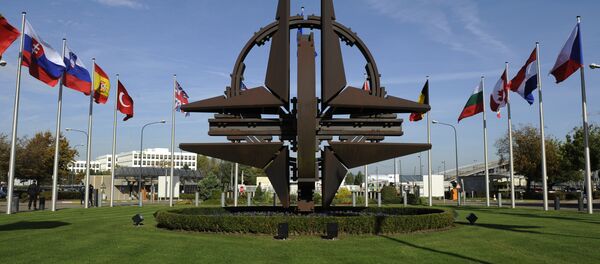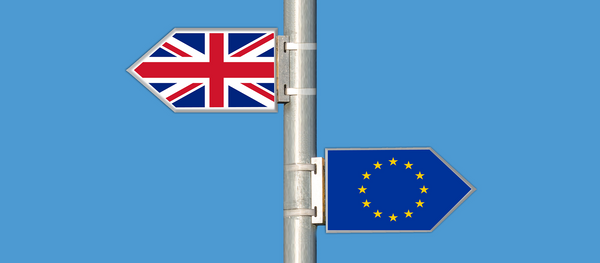The newspaper recalled that Russia and the EU "have never been great friends," referring to the deterioration in ties following the events in eastern Ukraine. So it's little surprise that the Kremlin, unlike the West, avoids overdramatizing Brexit.
In this vein, the newspaper quoted Russian President Vladimir Putin as describing the collapse of the Soviet Union as "the largest geopolitical catastrophe of the 20th century"; as for Brexit, some in the West have called it "the greatest geopolitical catastrophe of the 21st century," according to the Lettera 43.
#Chizhov to @BBCWorld: #Brexit is not our show in any way. Russian-British and Russia-EU relations will not stop. pic.twitter.com/P4sY8Cogmo
— RussianMissionEU (@RusMission_EU) 28 мая 2016 г.
Pointing to the fact that Russia has always been neutral in its official statements on the EU, the newspaper said that Moscow is interested in the EU's economic stability because in the event that it experiences a crisis, the Russians are almost certain to face the consequences.
Nevertheless, some Russian politicians did not mince words when commenting on Brexit, the newspaper said, quoting Russian Liberal Democratic Party leader Vladimir Zhirinovsky as saying that the UK said "no" the EU, which he said had been "created by the financial mafia."
Today's Russian papers agree that Brexit is bad for the EU, but see advantages for Russia pic.twitter.com/dMCzQiIkWH
— Steve Rosenberg (@BBCSteveR) 27 июня 2016 г.
Lettera 43 said that Britain's withdrawal from the EU may finally play into the Kremlin's hands if Brussels fails to implement structural reforms and resolve internal differences. A possible collapse of the EU will change the balance of power on the continent in favor of Russia, according to the newspaper.
In the short-term, all this could lead to the abolition of anti-Russian sanctions.
"However, in the long-term scenario, Brexit may prompt experts to wonder whether a weak and splintered Europe will remain in the Transatlantic sphere of influence or begin to move closer to Russia," the Lettera 43 said.
At the same time, the newspaper warned against jumping to conclusions, given that each and every country will solve Brexit-related problems as they relate to their own interests.
On Tuesday, a EU summit kicks off in Brussels, in a two-day event that is expected to be all about Britain's move to leave the European Union.
The issue will be discussed at a special press conference, due to be attended by European Council head Donald Tusk, European Commission President Jean-Claude Juncker and Dutch Prime Minister Mark Rutte, whose country currently holds the EU's rotating presidency.




